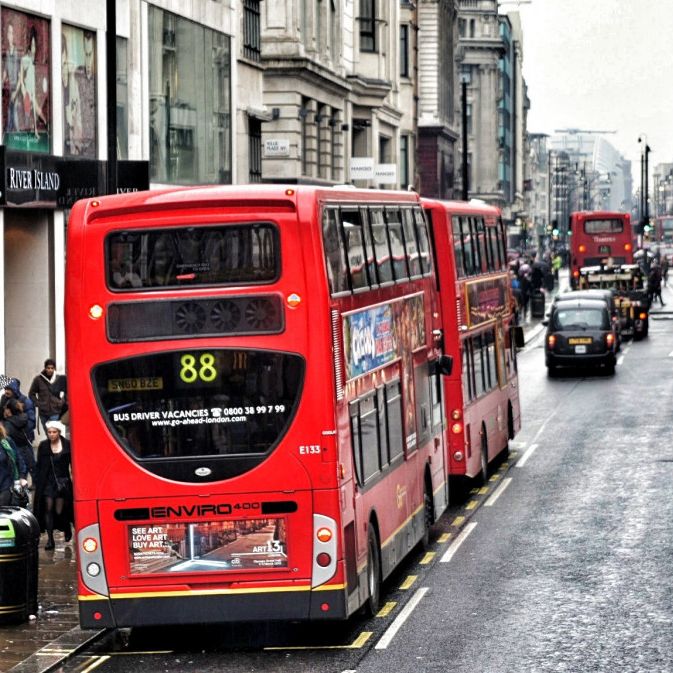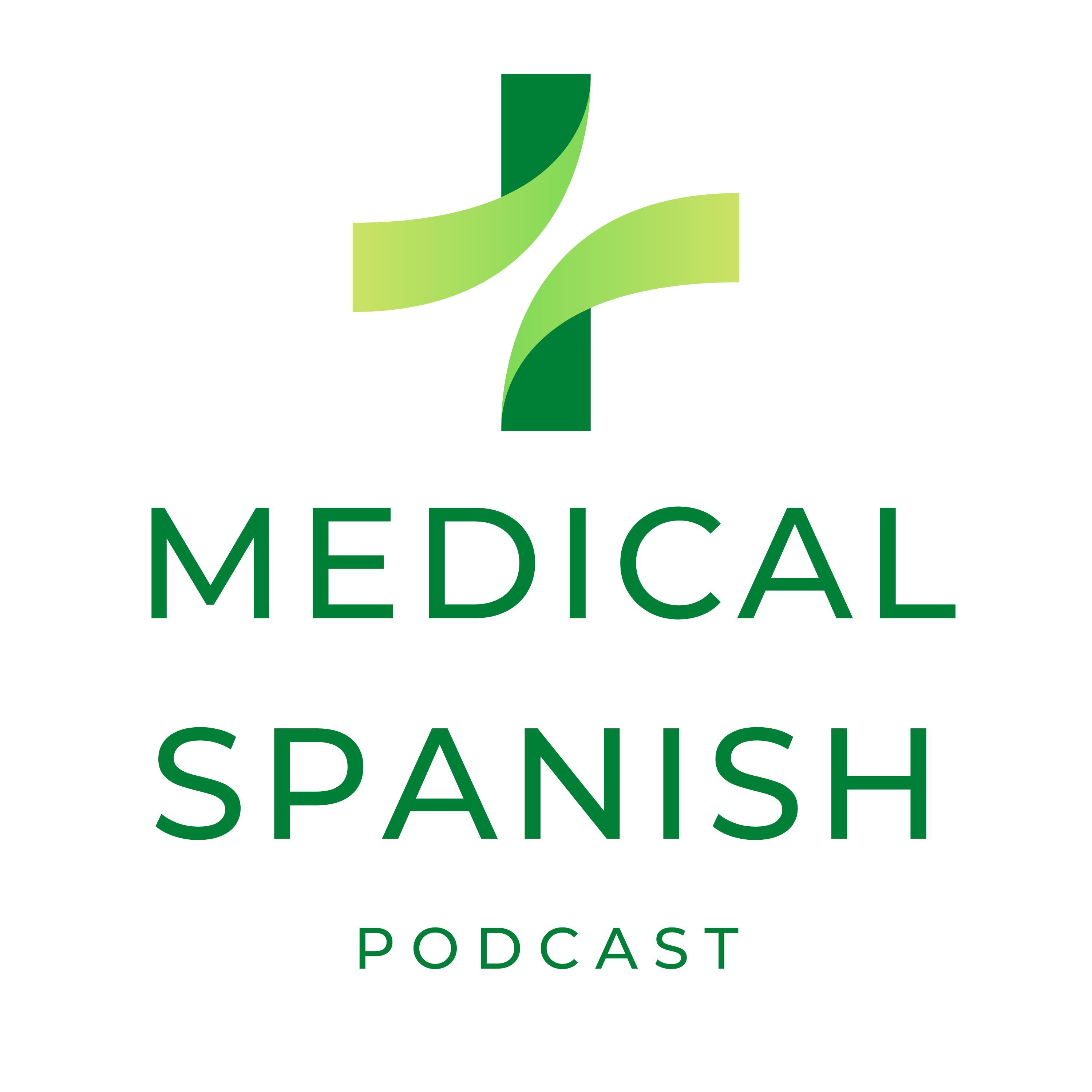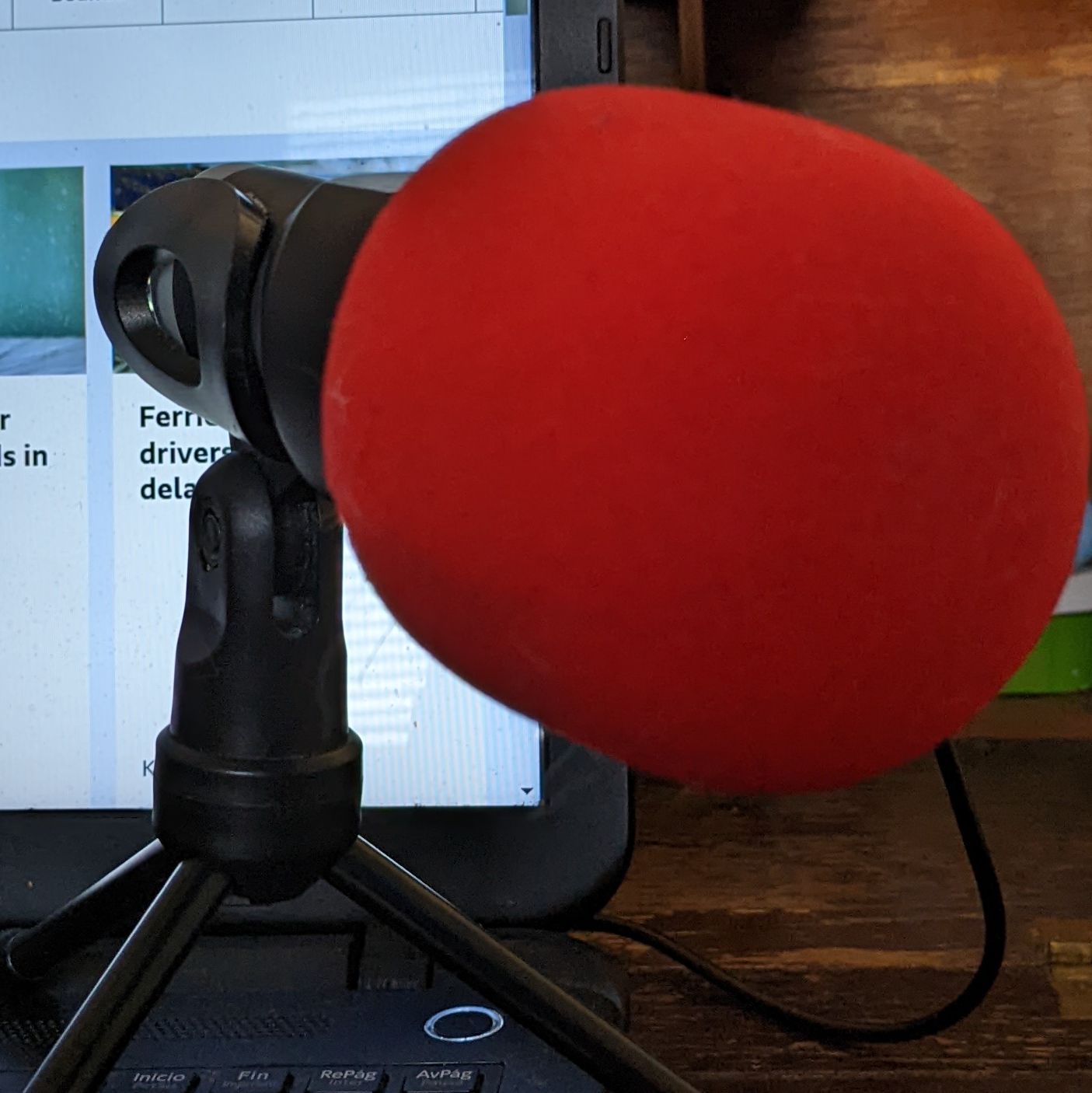
Transportation
描述
[Conversation 1]
A : 남대문시장에 어떻게 가요?
B : 지하철을 타세요.
A : 몇 호선을 타야 돼요?
B : 이 호선을 타세요. 그리고 사당역에서 사 호선으로 갈아타세요.
A : Would you tell me how to get to Namdaemun Market?
B : Take the subway.
A : What line should I take?
B : Take line number 2. And transfer to line 4 at Sadang Station.
[Conversation 2]
A : 어디에서 내려야 돼요?
B : 회현역에서 내려야 돼요.
A : 여기에서 얼마나 걸려요?
B : 사십 분쯤 걸려요.
A : Where should I get off?
B : You shuld get off at Hoehyeon Station.
A : How long does it take from here?
B : It takes about 40 minutes.
[Grammar points]
N에서 N(으)로 갈아타다.
When expressing transferring, the verb '갈아타다' is used.
'(으)로' comes after the mode of transportation one transfer to.
'에서' follows the place where one transfers.
ex : 명동에서 버스로 갈아탔어요.
I transferred to a bus at Myeong-dong.
A : 어디에서 갈아타요?
B : 교대역에서 삼 호선으로 갈아타세요.
A : Where should I transfer?
B : Transfer to line 3 at Seoul Nat' I Univ. of Education Station.
[Additional Expressions]
학교 앞에서 세워 주세요 / 내려 주세요.
Please stop in front of the school.
똑바로 가 주세요.
Go straight, please.
좌회전해 주세요.
Turn left, please.
우회전해 주세요.
Turn right, please
播客频道
Reading Korea.
播客创作者
所有播客集

Parler couramment le français.

Saving proverbs

Los Cuidados Paliativos

EP 7. Describing personality

中古車の平均価格が100万円以上になった!

Vol. 96 マリアさんとアニメや漫画について 後編

Bat

Describing the Tower of London (with transcript)
热门播客集

Parler couramment le français.
Parler couramment le français.

All about Russian language 🌟
Saving proverbs

Medical Spanish
Los Cuidados Paliativos

Spanish with Jas
EP 7. Describing personality

Nihongo Short Story by Noriko
中古車の平均価格が100万円以上になった!

SAMURAI BROADCAST 侍放送
Vol. 96 マリアさんとアニメや漫画について 後編

Idiom Corner
Bat

Teacher Joseph's Podcast
Describing the Tower of London (with transcript)